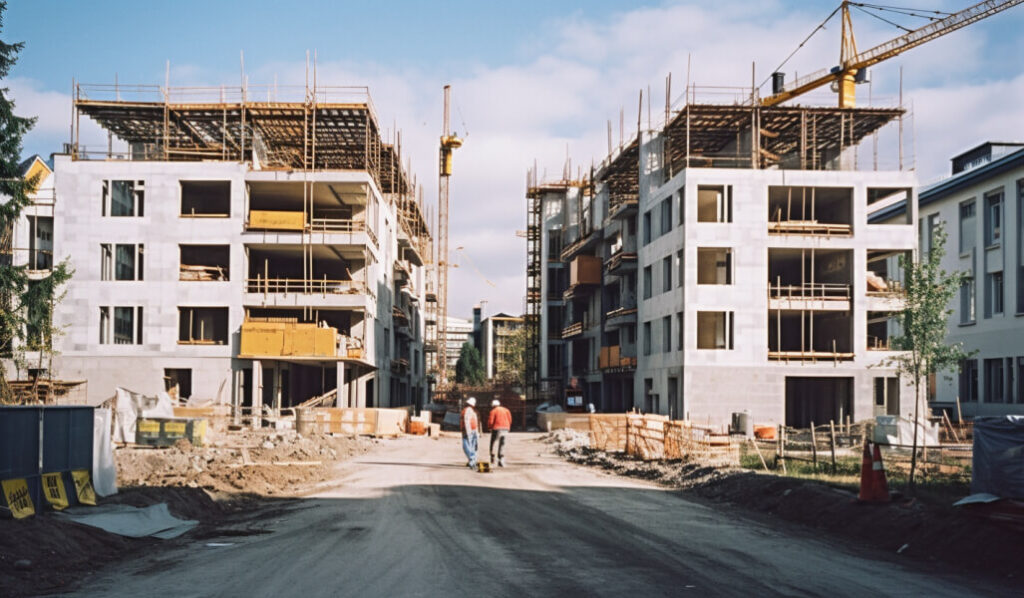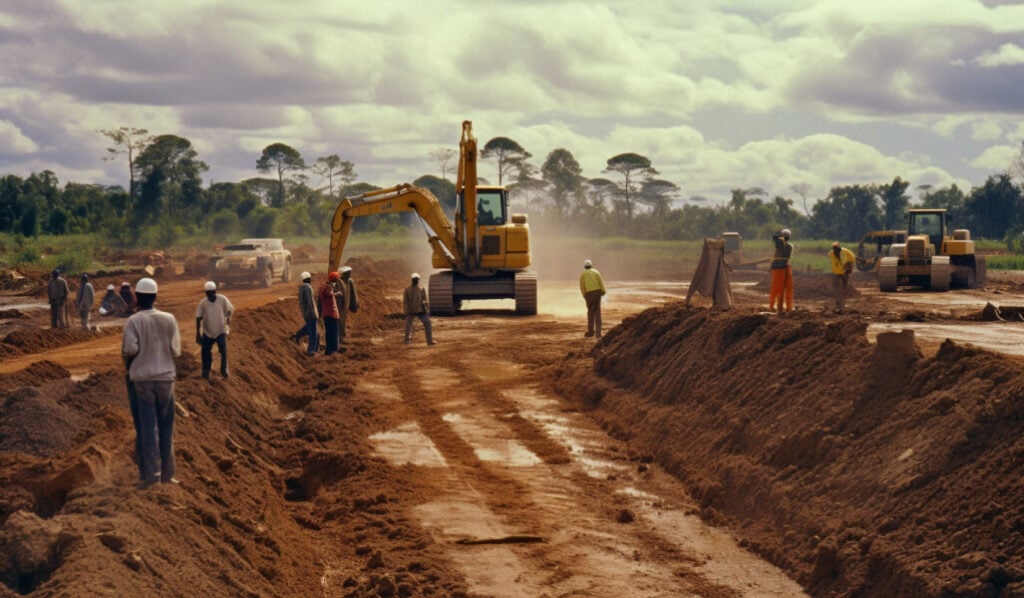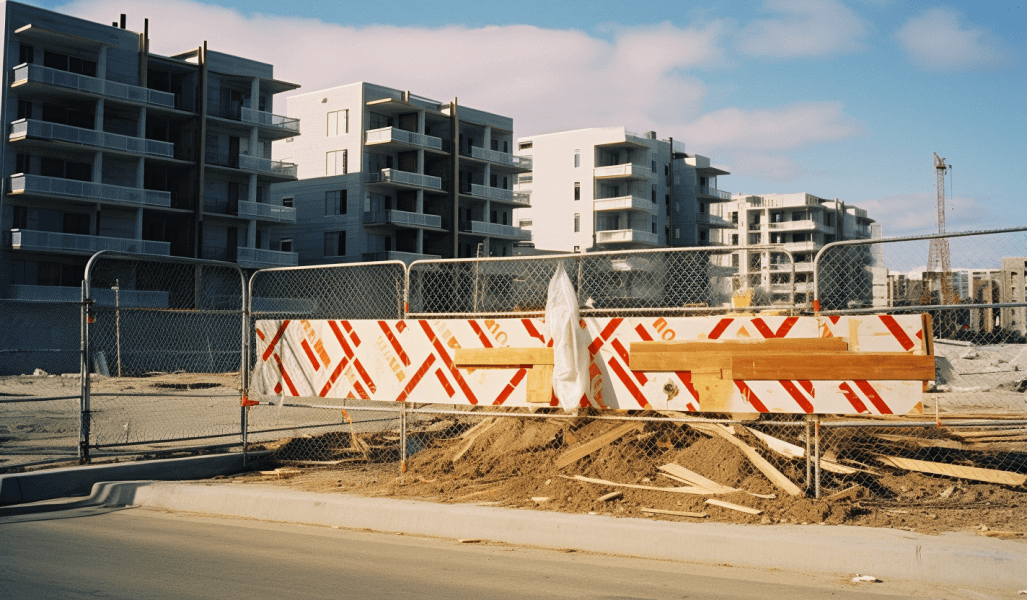- Kenyans are afraid to lose their deposits if the off-plan houses do not get constructed or delivered as promised.
- The main risk associated with off-plan home purchases is the lack of delivery by the developer.
- Some off-plan projects in Kenya have resulted in Kenyans losing billions of shillings.
Unlike buying an already built home, off-plan home purchases require trusting that the real estate developer will hold their end of the bargain and deliver a home built to the exact specifications promised and within the correct period.
READ ALSO: Real Estate Developers in Kenya Must Renounce Their Ways or Perish (Opinion)
However, this has not been the case. In recent years, the number of failed off-plan projects has led to buyer hesitancy in the Kenyan off-plan market. Real Estate Developers such as Suraya Property Group and Banda Homes failed to deliver their end of the bargain, which resulted in hundreds of Kenyans losing billions of shillings.
READ ALSO: Buying Property Off Plan: Is it Worth It? Pros & Cons
Table of Contents
What Factors Contribute to Kenyans’ Reluctance to Purchase Off-Plan Properties?
So why are Kenyans shying away from buying off-plan homes? The two main off-plan property market challenges are lack of trust and delayed property development. Additionally, Kenyans must worry about losing their payments should the project fail to be delivered.
Real Estate Developer Distrust
There are over 350 registered Real estate companies, and every month, a new one mushrooms, promising to deliver dreams of home ownership to Kenyans. And if history has taught us anything, some of these companies rarely deliver on their promises.
As a result, most home buyers no longer trust that real estate developers will hold their end of the bargain. This distrust has led to trust issues in off-plan property purchases.
READ ALSO: Property Developers Should Disclose Project Finance Loans To Buyers – Opinion
Loss Of Payments Due to Fraud
Several years ago, a company known as Simple Homes took the Kenyan real estate market by storm by offering high-quality homes through the off-plan method at affordable prices.
Needless to say, it was all a scam, and hundreds of Kenyans lost money they had paid as deposits towards owning off-plan homes. Such cases have made Kenyans hesitant to invest in homes still under construction.
Prolonged Construction Periods
When selling houses, real estate developers are required to give a period by which the project will be delivered. This is known as the sunset period. In some cases, the project may not be delivered on time. This has been one of the main challenges of off-plan home buying.

There is no guarantee that the home will be completed in time. Some projects take years longer than expected, especially if the real estate company runs out of finances or encounters legal battles about the piece of land on which the property is being developed.
Are There Risks Associated with Buying Off-Plan Houses That Deter Potential Buyers in Kenya?
Aside from the failure to deliver your home on time and the loss of money, there are other off-plan home buying risks. These include;
- Real estate market uncertainty can affect the property’s value.
- Property quality may not be what was promised in the sale agreement.
- The developer may fail to deliver other features that were supposed to be part of the development.
- The property may not appreciate once completed as promised during the price-saving sales pitch.
What To Consider When Buying Off-Plan Property?
If well-researched, off-plan homes are still a worthy investment. You need to look into the developer and verify the project plans to ensure the project will be delivered on time and to the standard promised in their sales agreement.
Research the Company
Find out as much information as you can about the company;
- Year of registration.
- Other delivered projects.
- Whether they have had any past development issues.
- Have they experienced any financial issues in the past?
The information uncovered during your research should tell you whether the company is legitimate and capable of delivering the development project.
READ ALSO: The Due Diligence Checklist for Home Buyers in Kenya
Inspect the Site
Some companies may look good on paper, but proof is needed to verify their legitimacy. Visit the site of the ongoing construction project to verify that it exists and that the project being marketed is what they are developing.

Perform Due Diligence
Once you are ready to commit, do some due diligence to learn more about the project. As for a copy of the title deed, perform a land search to verify that the company owns it. Also, ensure the project plans have been filed and show the ongoing project is what you buy into.
READ ALSO: Why Due Diligence is Essential in Property Transactions
Consult Professionals
Lastly, do not sign any legal documents until they are verified by a lawyer who can advise you on the terms and clauses in the sales agreement. This will save you from having to untangle yourself legally once an issue arises.
READ ALSO: Important Property Development Team Members



